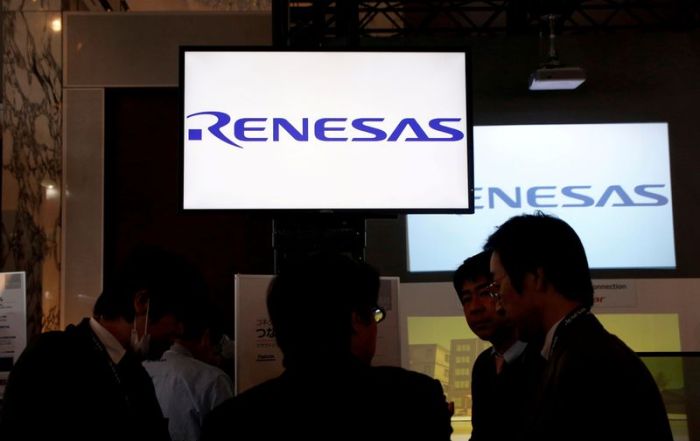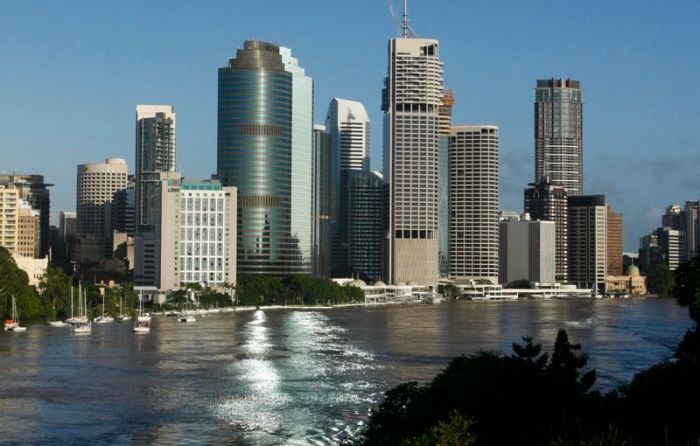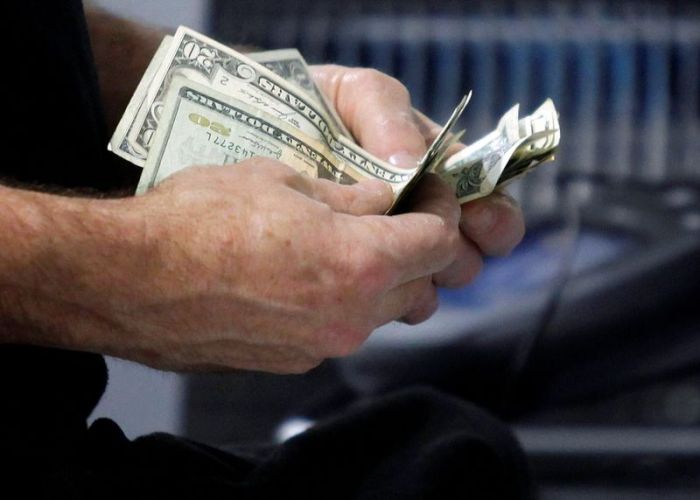LONDON/NEW YORK (Reuters) -Investors on Wednesday tallied the fallout from Archegos Capital’s dramatic meltdown, with Nomura and Credit Suisse shares losing a collective $9 billion while heightened scrutiny of the hedge fund industry loomed.
The downfall of Archegos, a family office run by former Tiger Asia manager Bill Hwang, has rocked a handful of stocks that have been linked to the fund’s massive margin call while weighing on shares of banks that did business with the New York-based fund.
Investors said it could also increase scrutiny of family offices while making money managers more wary of holding stocks that have experienced large, unexplained moves like many of the shares linked with Archegos’ margin call did.
“For the time being it appears as though this was an isolated instance of using too much leverage,” said Art Hogan, chief market strategist at National Securities in New York.
“We’re gonna be hyper vigilant to make sure that there’s not a plethora of other cases with family offices using too much leverage,” he added.
Credit Suisse and Nomura were slower than rivals to cut their exposure to the fund. Global lenders that acted as brokers for Archegos may have to write down more $6 billion after the fund defaulted on payments, Reuters has reported.
Credit Suisse shares fell 4% on Wednesday, bringing this week’s decline to nearly 20%. Already under pressure from its exposure to failed supply chain finance firm Greensill, Credit Suisse’s plans to buy back shares and pay dividends this year could now be at risk, analysts said.
The bank’s market capitalisation has shrunk by five billion Swiss francs since Friday to 25.57 billion Swiss francs ($27.12 billion). Sources estimated Credit Suisse’s losses may total $5 billion, but the bank declined to comment.
UBS analysts said “a lot of unanswered questions” remained, referring to Credit Suisse’s involvement first in Greensill and now the U.S.-based hedge fund.
The four largest Credit Suisse bonds outstanding have in the last two days hit their lowest price since the summer.
Meanwhile, Nomura which has warned of a $2 billion hit from Archegos, fell a further 2.9% following a 0.8% fall on Japanese stock markets on Wednesday. Its market capitalization has dropped from 2.3 trillion yen ($20.81 billion) to 1.88 trillion yen since Friday, Refinitiv data showed.
DISCLOSURE REQUIREMENTS?
The episode could lead to regulatory changes that treat family offices like hedge funds and oblige them to report their holdings, Hogan said.
U.S. Treasury Secretary Janet Yellen announced on Wednesday that she is reviving a regulatory working group to study risks that hedge funds pose to the financial system.
Meanwhile, Bloomberg News reported that the U.S. Securities and Exchange Commission (SEC) has started a preliminary investigation into Hwang citing a person familiar with the matter.
Ratings agencies added to the pressure as Moody’s slashed its outlook on Nomura to “negative,” citing potential deficiencies in its risk management process.
Fitch placed Nomura’s viability ratings on “negative watch,” citing the potential for material losses and questions over the adequacy of Nomura’s controls.
Shares of ViacomCBS, one of the stocks linked to Archegos’ massive margin call last week, were down around 3.2% at $45. Discovery shares were around flat. Shares in the two companies hit record highs of highs of $101.97 and $78.14, respectively, earlier this month.
Some investors said the wild ride in those stocks as well as others linked to the fund would make them take a closer look at their own holdings.
“The street is going to be paying attention to some of the names that have rocketed higher in a very short amount of time,” said Robert Pavlik, chief investment strategist and senior portfolio manager at SlateStone Wealth LLC in New York.
“I’m certainly revisiting some of the names that I hold,” he said.
Archegos had assets of around $10 billion but held positions worth more than $50 billion, Reuters reported.
(Reporting by Oliver Hirt in Zurich, John O’Donnell in Frankfurt, Devik Jain in Bengaluru, Karin Strohecker and Sujata Rao in London, Susan Mathew, Herbert Lash, Kate Duguid, Matt Scuffham, Ira Ioseabashvili and Megan Davies in New York; Editing by Elaine Hardcastle and Cynthia Osterman)
























